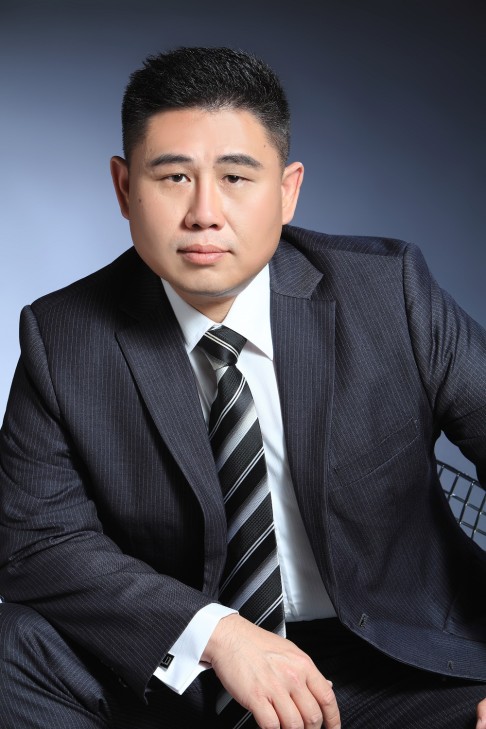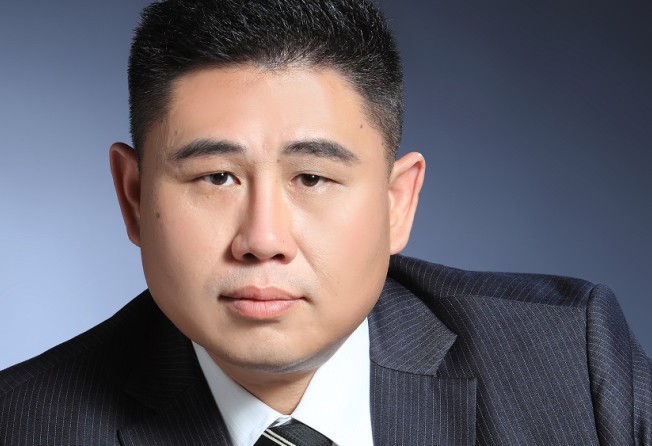
Family offices flourish as China’s ultra-rich strive to preserve their wealth for generations
Chinese magnates are setting up firms to help manage their family fortune and pass it down to their children and relatives

More of China’s very wealthy – many of them self-made billionaires – are starting family offices as they chart their succession plans to pass on their accumulated assets to their offspring amid increasing uncertainty in the country’s financial market.
“China’s magnates are worried whether they can preserve their wealth down to two or three generations,” said Andrew Yen, founder of the Shenzhen-based Fusion Family Office.
The Chinese saying that “wealth does not pass three generations” is just what has the rich worried, many of them entrepreneurs who have spent much of their lives building up their wealth and businesses. And that’s what has them turning to family offices, Yen said.
Yen’s company helps the ultra-rich set up and run their family offices. A family office refers to an organisation run by and for a family, which centralises the management of a significant family fortune with the aim of transferring the wealth across generations. Typically, such entities have employees to manage investments, taxes, trusts and legal matters.
Especially over the last two years, Yen has seen mounting concerns among China’s ultra-rich because of economic headwinds, he said, citing the recent A-share market rout as their latest cause for alarm.
An increasing number of Chinese magnates were coming to him for wealth management solutions tailored to their individual financial and personal needs, he said.
They are concerned not only about succession and wealth preservation, but also intangible things such as family spirit
“The need of every family is unique,” said Yen, who founded Fusion Family Office last year. “They are concerned not only about succession and wealth preservation, but also intangible things such as family spirit.”
Growing families with ever-increasing additions, including some of different nationalities, rendered a family structure more complex and hence required a customised wealth structure, he said.
Yen, who has a clientele of about a dozen families, charges an annual fee of between 1 million yuan (HK$1.25 million) and 5 million yuan for his services, depending on the complexity of his clients’ family structure. He advises families on how to manage their fortune and plans their long-term investment portfolio and asset distribution based on their needs and preferences.
Those who sought to set up family offices tended to view preserving and passing on their wealth to the next generation as more important that increasing their capital, the former UBS banker said, adding that he expected his number of clients to rise to 100 in five years.
Amy Lo Choi-wan, head of UBS Wealth Management for greater China and country head of UBS Hong Kong, said many of the country’s ultra-high-net-worth individuals had come to a stage where their children were preparing to assume leadership roles within the family businesses.
“As the wealth of most Asian families is tied directly to their business fortunes, the very rich will need professionals to help establish a clear wealth structure when they start planning for succession,” Lo said.
“China’s very wealthy families have increasing interests in setting up a family office to professionalise their family structures and implement a governance framework that is aligned with their needs.”
Such families were keen to learn about the experiences of family offices in the United States and Europe, and were also seeking to diversify their investments, Lo said.
A study released by investment bank Credit Suisse last year said there were believed to be at least 3,000 single-family offices globally, at least half of them set up in the last 15 years. Family offices typically managed family wealth of at least US$100 million, the study said.
Family offices have a long history in the US and Europe. Rockefeller Financial, founded in 1882, is one of the world’s most well known family offices. It became a multifamily office a century later, opening its services to other single-family offices.
Simon Potter, founder of Hong Kong-based Business Succession Partners, which advises private businesses in investment, management and succession, said Chinese magnates’ investment portfolios were often simple in structure with their assets mostly in real estate. Family offices in the US and Europe tended to be more diverse, he said.
In reality, Potter said, China’s ultra-rich wanted to diversify to a broader range of products but lacked the requisite experience.
One difficulty of running a family office in China was the families’ attitudes towards personal advisers.
“People are afraid to answer direct questions, and that stops them from understanding the family strategy,” Potter said.
Business succession added pressure on the next generation as it might imbibe in them a fear of failure, he said, but a family office was still more useful than not as it provided the younger generation with experienced professionals who could teach them valuable lessons.